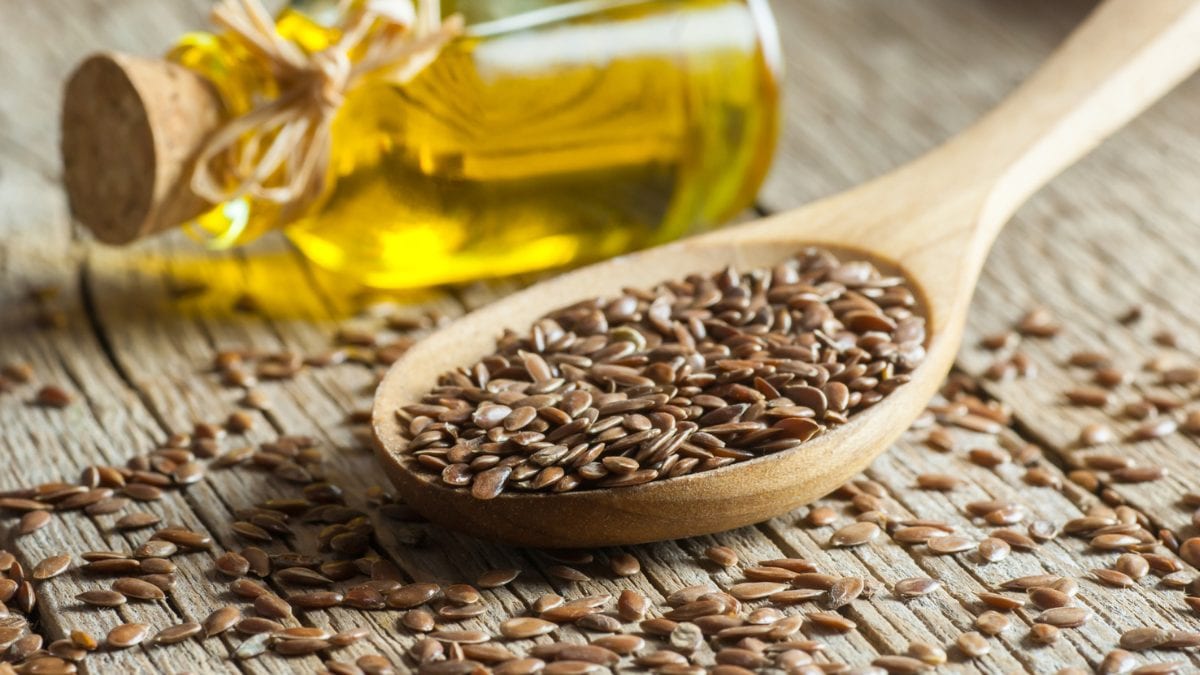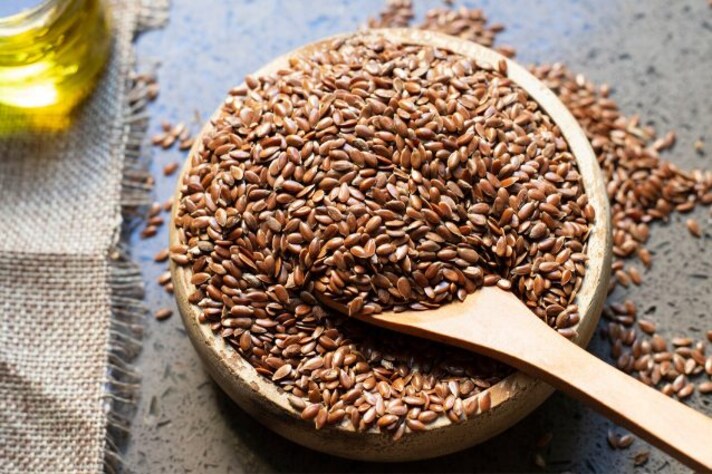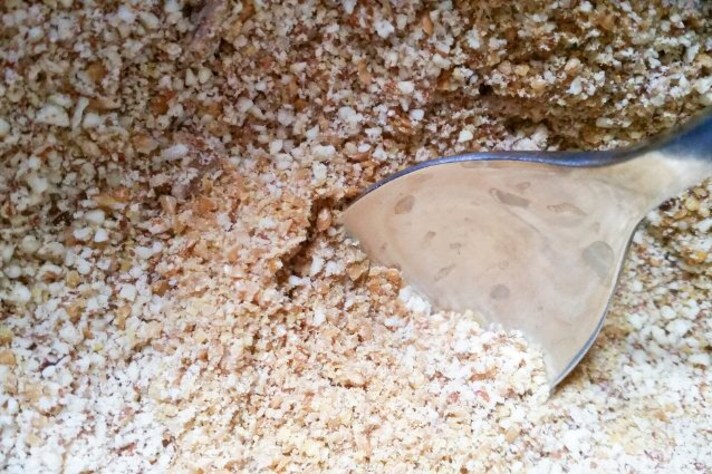
Flaxseeds, often seen as a humble addition to food, have gained popularity for their impressive health benefits. These tiny seeds are packed with nutrients, including fibre, omega-3 fatty acids, and antioxidants, making them a great choice for boosting your diet. Here’s a closer look at what makes flaxseeds so special and the best ways to incorporate them into your daily routine.
Health Benefits of Flaxseeds
Flaxseeds are known for their numerous health benefits, and one of the standout benefits is their high omega-3 content. Omega-3 fatty acids are essential for heart health, reducing inflammation, and supporting brain function. Flaxseeds are also rich in lignans, plant compounds that have antioxidant properties, helping to reduce oxidative stress in the body and support overall well-being.
Additionally, flaxseeds are an excellent source of dietary fibre, which supports digestive health by promoting regular bowel movements and helping to maintain healthy blood sugar levels. Adding flaxseeds to your diet can also aid in weight management, as the fibre helps you feel fuller for longer.

How to Incorporate Flaxseeds into Your Diet
There are plenty of easy ways to enjoy the benefits of flaxseeds. Here are some simple tips to add them to your meals:
- Smoothies: Add a tablespoon of ground flaxseeds to your morning smoothie for a nutritional boost.
- Baking: Replace part of the flour in recipes with ground flaxseeds for added fibre and omega-3s.
- Yogurt or Oatmeal: Sprinkle ground flaxseeds on top for an extra crunch and nutrient boost.
- Salad Dressings: Mix flaxseed oil into your dressings for a dose of healthy fats.
Ground vs Whole Flaxseeds: Which is Better?
When it comes to reaping the most health benefits from flaxseeds, ground flaxseeds are often the better choice. Whole flaxseeds can pass through the digestive system without breaking down, which means you might miss out on some nutrients. Ground flaxseeds are easier to digest and allow your body to absorb the omega-3s, fibre, and other nutrients more effectively.

If you prefer whole flaxseeds, try grinding them fresh using a coffee grinder, or look for pre-ground flaxseeds at the store. Just remember that ground flaxseeds can spoil quickly, so keep them in the fridge to maintain their freshness.
Potential Side Effects and Considerations
While flaxseeds are generally safe to consume, there are a few things to keep in mind. Flaxseeds are high in fibre, so adding too much too quickly can lead to digestive discomfort. It’s best to start with a small amount and gradually increase your intake. Additionally, flaxseed oil is sensitive to heat and can become rancid, so it’s best used as a cold topping rather than for cooking.
;Resize,width=767;)
